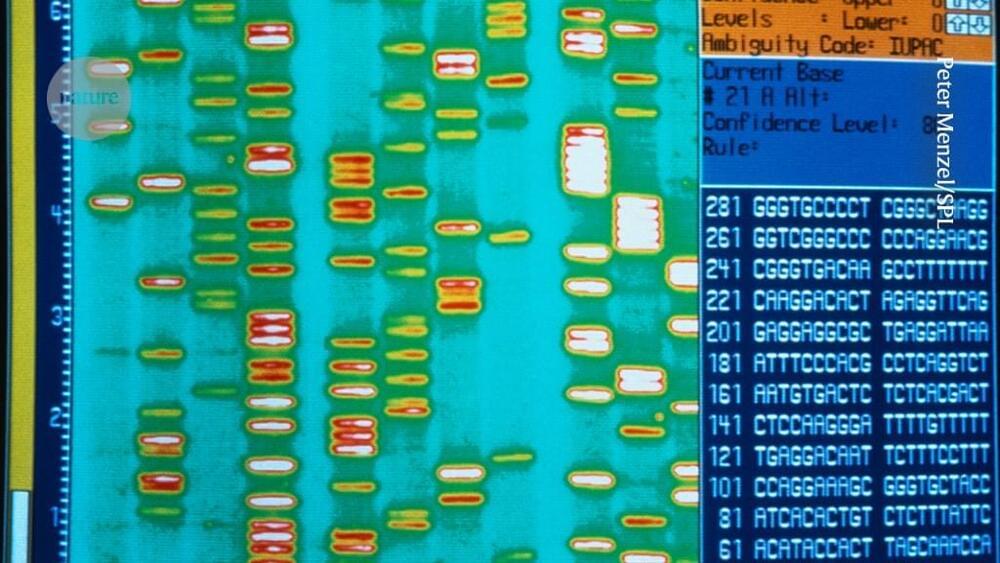Ball is not alone in calling for a drastic rethink of how scientists discuss biology. There has been a flurry of publications in this vein in the past year, written by me and others2–4. All outline reasons to redefine what genes do. All highlight the physiological processes by which organisms control their genomes. And all argue that agency and purpose are definitive characteristics of life that have been overlooked in conventional, gene-centric views of biology.
This burst of activity represents a frustrated thought that “it is time to become impatient with the old view”, as Ball says. Genetics alone cannot help us to understand and treat many of the diseases that cause the biggest health-care burdens, such as schizophrenia, cardiovascular diseases and cancer. These conditions are physiological at their core, the author points out — despite having genetic components, they are nonetheless caused by cellular processes going awry. Those holistic processes are what we must understand, if we are to find cures.
Ultimately, Ball concludes that “we are at the beginning of a profound rethinking of how life works”. In my view, beginning is the key word here. Scientists must take care not to substitute an old set of dogmas with a new one. It’s time to stop pretending that, give or take a few bits and pieces, we know how life works. Instead, we must let our ideas evolve as more discoveries are made in the coming decades. Sitting in uncertainty, while working to make those discoveries, will be biology’s great task for the twenty-first century.
